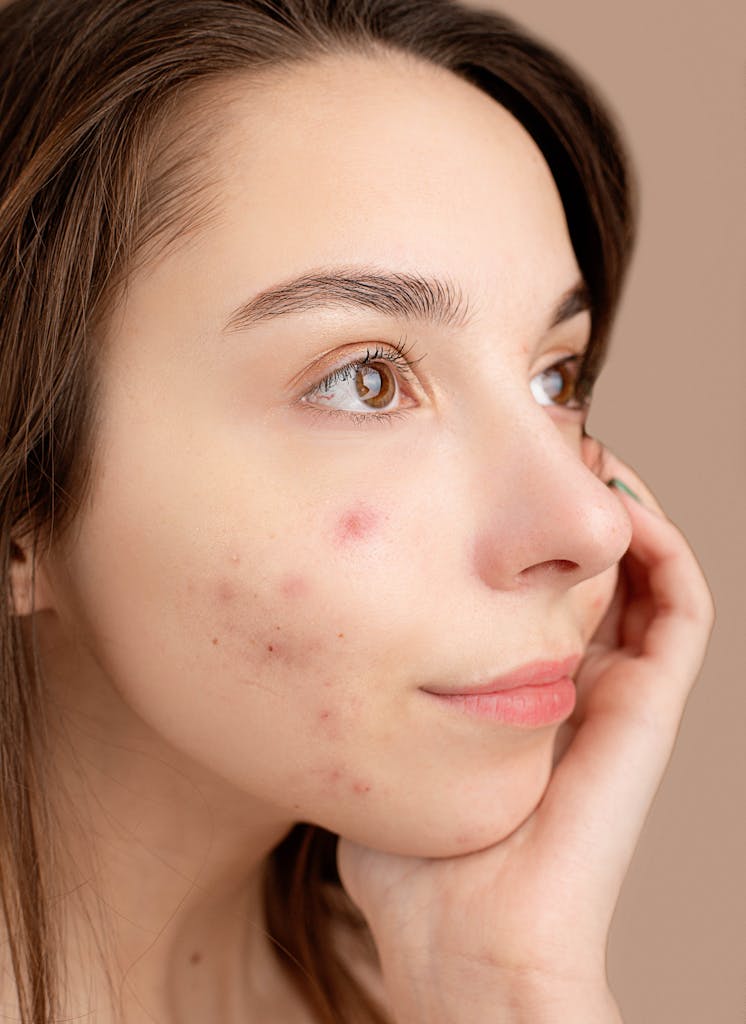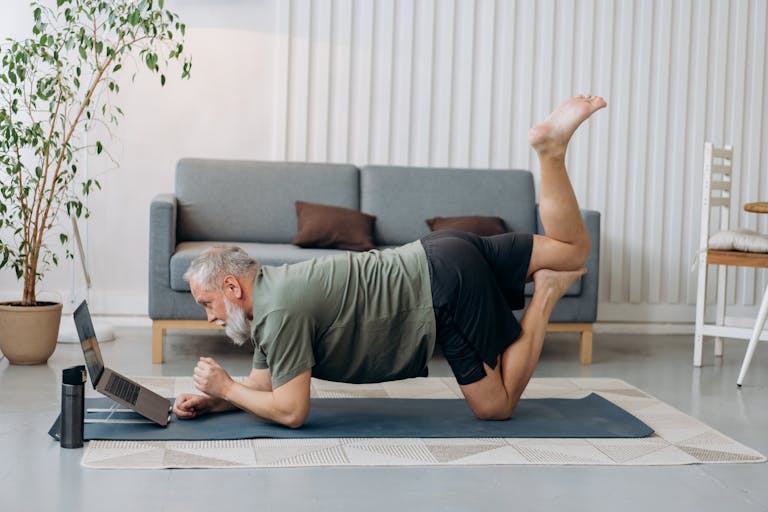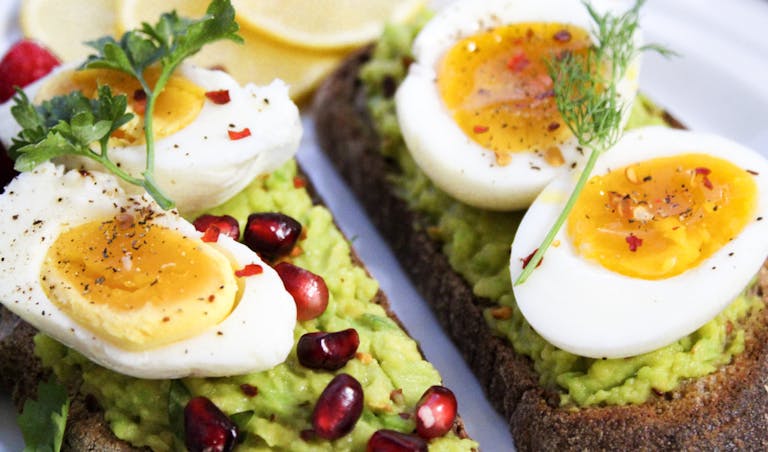Beauty Starts Beneath the Surface: How to Support Healthy Skin from the Inside Out

We all want glowing skin. But with so many creams, serums, and trends promising miracle results, it’s easy to forget that what you put into your body matters just as much—if not more—than what you put on it.
Yes, a solid skincare routine helps. But the true foundation of healthy skin isn’t just topical. It’s built from the inside out, supported by how you eat, sleep, hydrate, and move through your day.
In this post, we’re looking at skin health through a wellness lens—because beauty isn’t just about products. It’s about treating your skin like the living, dynamic organ it is. And the good news? You don’t need expensive routines to start seeing results.
Your Skin Reflects Your Health
Your skin is your body’s largest organ. It protects you, regulates temperature, and even plays a role in immunity. And because it’s constantly renewing itself, it responds quickly to internal imbalances.
Think of dullness, breakouts, or inflammation as signals—not flaws. Often, your skin is trying to tell you something about what’s going on inside. That might be a lack of hydration, too much sugar, too little sleep, or a reaction to stress.
By supporting your skin from within, you can reduce inflammation, support collagen production, improve hydration, and give your natural glow a chance to shine.
1. Hydration: The Simplest Glow-Up
Let’s start with the basics. Hydration is everything when it comes to skin. Without enough water, your skin cells shrink, collagen breaks down faster, and your complexion can look dry, tired, or uneven.
No, you don’t need to chug a gallon a day—but aiming for steady hydration can make a visible difference.
- Keep a water bottle nearby throughout the day
- Add lemon, cucumber, or mint for flavor if plain water isn’t appealing
- Include water-rich foods like cucumbers, oranges, and leafy greens
Dehydration can sneak up on you, especially if you drink a lot of caffeine or forget to hydrate when you’re busy. A simple rule: if your lips feel dry, your skin probably is too.
2. Eat for Your Skin (Not Against It)
What you eat doesn’t have to be perfect, but your skin responds to your diet more than you might think.
Here are a few skin-supporting nutrients worth paying attention to:
Omega-3s
These healthy fats support skin elasticity and reduce inflammation, which is often linked to breakouts and redness.
- Found in: salmon, walnuts, flaxseeds, chia seeds
Vitamin C
Essential for collagen production and overall skin repair. It also helps protect against sun damage.
- Found in: oranges, strawberries, bell peppers, broccoli
Zinc
Plays a role in skin healing and can help regulate oil production. Low levels are sometimes linked to acne.
- Found in: pumpkin seeds, chickpeas, cashews, eggs
Antioxidants
Help fight free radicals that contribute to aging and sun damage.
- Found in: berries, leafy greens, green tea, dark chocolate (yes, really)
Small shifts in your meals—like adding berries to breakfast or swapping chips for walnuts—can build better skin over time.
3. Sleep: Nature’s Best Collagen Booster
No serum can replace what a good night’s sleep does for your skin. When you sleep, your body goes into repair mode—rebuilding collagen, balancing hydration, and reducing inflammation.
When you don’t sleep well, your cortisol (stress hormone) rises. This can trigger breakouts, puffiness, and dullness, especially if it becomes chronic.
Most adults need 7–9 hours of sleep. But quality matters too. To support deeper sleep:
- Keep your bedroom cool and dark
- Avoid screens an hour before bed
- Try a calming bedtime routine (stretching, tea, journaling)
If you wake up tired and your skin looks off, don’t just reach for more concealer. Give yourself permission to rest.
4. Movement = Circulation = Glow
Exercise isn’t just good for your muscles. It boosts circulation, which delivers more oxygen and nutrients to your skin. That natural post-workout glow? It’s real.
Sweat also helps unclog pores (as long as you wash your face afterward). And consistent movement reduces stress—which is great news for skin, since stress is a known trigger for everything from breakouts to flare-ups.
You don’t need intense workouts to see the benefits. A daily walk, gentle yoga, or dancing around your living room all count.
5. Stress and Skin: The Connection Is Real
When you’re stressed, your body produces more cortisol. In the short term, that’s normal. But over time, it can throw off your hormones, weaken your skin barrier, and increase oil production.
This can lead to:
- More breakouts
- Redness or sensitivity
- Slower healing and skin repair
If your skin is acting up and your routine hasn’t changed, stress might be the missing piece. Try building a few stress-reducing habits into your week:
- Short walks without your phone
- Deep breathing or journaling
- Stretching before bed
- Talking with a friend
You don’t have to eliminate stress completely (no one can). But lowering it where you can supports your skin as much as your mood.
6. Skincare Still Matters—But Keep It Simple
Supporting your skin internally doesn’t mean you need to ditch your favorite products. A consistent, gentle skincare routine can work hand-in-hand with your wellness habits.
What to focus on:
- Cleanser: A mild, non-stripping formula
- Moisturizer: Something that supports your skin barrier (look for ceramides or hyaluronic acid)
- Sunscreen: Every day, even when it’s cloudy
- Extras: Vitamin C or retinol can help with brightness and texture—but start slow
You don’t need a 10-step routine. Just a few products you use consistently will go further than chasing trends.
Bringing It All Together
Your skin is a reflection—not just of your routine, but of your rhythms. The food you eat, the way you rest, how much water you drink, how you move, and how you manage stress all show up on your face eventually.
So instead of focusing on quick fixes or “flawless” skin, try shifting the focus to supporting your skin as part of your overall health. The more you care for your body, the more your skin responds in kind.
Glowing skin isn’t just about what you apply. It’s about how you live. And the best part? You don’t need perfection—you just need consistency, nourishment, and a little kindness toward yourself.






